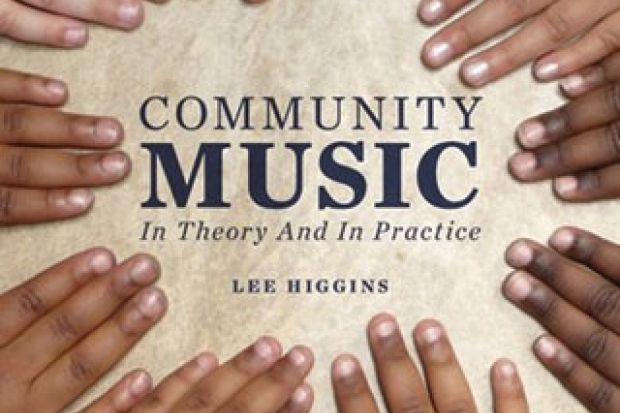George McKay, AHRC leadership fellow for the Connected Communities programme, University of Salford, is reading Lee Higgins’ Community Music: In Theory and In Practice (Oxford University Press, 2012). “A challenging effort to understand the ideas of community music, that obstinate, creative, critical movement of informal music education and social engagement. Among many (too many?) case studies, Higgins draws on past practice as a samba drummer. Most interesting is the theoretical discussion, which seeks to move beyond the familiar reading of the music workshop as utopian temporary community.”

Roger Numas, principal lecturer at the University of Brighton, is reading Matthew Collins’ Hate: My Life in the British Far Right (Biteback, 2012). “An engaging (and funny) account by a former member of the British Far Right’s inner sanctum. Not surprisingly, the enemies are the Jews and their tools – the Reds and the Blacks. Collins organised sporadic Kristallnachts in South London, but Oldham was his Stalingrad. He gradually became disillusioned with a disunited movement, and the internecine wars, plots and conspiracies fuelled by the naked ambition of an incompetent few took their toll. He is now a turncoat heavily engaged with the Hope not Hate campaign. All’s well that ends well!”

R. C. Richardson, professor emeritus of history, University of Winchester, is reading Lucy Lethbridge’s Servants: A Downstairs View of Twentieth-century Britain (Bloomsbury, 2013). “Readable and wide-ranging, it makes use of some little-known sources and charts the impact of total war and other less dramatic but still important developments – chauffeurs and labour-saving appliances, for instance – alongside old standards and practices. But it is too anecdotal, lacks a sufficiently tight structure, has too many secondhand quotations, indiscriminately blends fact and fiction, and contains glaring elementary errors.”

Peter J. Smith, reader in Renaissance literature at Nottingham Trent University, is reading David Waltner-Toews’ The Origin of Feces: What Excrement Tells Us About Evolution, Ecology, and a Sustainable Society (ECW Press, 2013). “What starts out as a pensive meditation on the humble dung beetle becomes an impassioned plea for the formulation of eco-friendly policies on waste and water management. This lighthearted book addresses a serious agenda without moral earnestness or apocalyptic despair. Its analysis is thoughtful, engaging and profoundly important.”

Sharon Wheeler, senior lecturer in journalism, University of Portsmouth, is reading David Peace’s Red or Dead (Faber, 2013). “I can take or leave Peace’s grim crime fiction, but his football novels are in another ballpark. The Damned United was a relentless monologue locked in Brian Clough’s head, and Red or Dead is cut from the same cloth. This time it’s Liverpool’s legendary Bill Shankly. You’ll need to run around the training ground to decompress from the intensity and repetitive writing style.”
Register to continue
Why register?
- Registration is free and only takes a moment
- Once registered, you can read 3 articles a month
- Sign up for our newsletter
Subscribe
Or subscribe for unlimited access to:
- Unlimited access to news, views, insights & reviews
- Digital editions
- Digital access to THE’s university and college rankings analysis
Already registered or a current subscriber? Login
